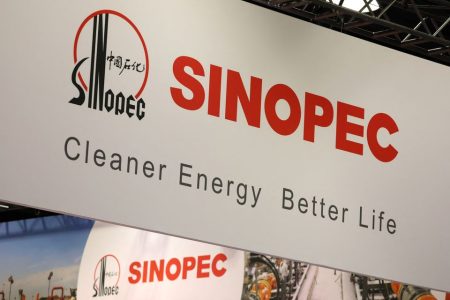
Oscarline Onwuemenyi 21 September 2016, Sweetcrude, Abuja – The Federal Government believes the country must get out of paying cash calls to joint ventures with oil and gas companies to stand a chance of pulling Nigeria’s ailing economy out of recession.
It is, therefore, determined to implement a decision reached last year to grant financial autonomy to some Joint Venture, JV, oil companies, giving the JVs control over their budget, empowering them to source for funds and remit taxes, royalties and dividends to the government.
The decision in this regard was contained in a letter written by the Minister of State for Petroleum Resources, Dr. Ibe Kachikwu, who served as Group Managing Director of the NNPC at the time, signed by President Muhammadu Buhari.
Revisiting this issue last week, the Minister for Finance, Kemi Adeosun, said in Abuja that the government was determined to find alternative ways to fund its oil and gas exploration contracts with multinational oil companies as it has become a major strain on the national budget.
According to her, the Nigerian National Petroleum Corporation, NNPC, had spent N110 billion (or $360 million) on cash calls this month, which dwarfed the country’s N41 billion income from oil production over the same period.
NNPC also owes several billion in back debt to oil companies for unpaid cash calls, which oil worker unions say is stalling the creation of jobs and investment.
She said, “We are already working to see how we can get out of the cash calls payment scenario. And that is very fundamental to the economy.
“We are working with the Ministry of Petroleum Resources and NNPC; that’s a long-term plan: To allow those joint ventures to borrow money that they need rather than taking money out of the federation account.”
Nigeria is trying to boost tax revenues and the non-oil income to fund a record $30 billion 2016 budget aimed at reviving the economy of the West African country that has been hit by lower oil prices.
Adeosun told the media in April that government was thinking of forcing the cash calls, which are for international and local joint venture partners, out of budget funding and into so-called modified carry arrangements.
Modified carry agreements are loans provided by large international oil companies to the NNPC for investment in oil exploration and production projects.
The minister’s disclosure in April was a follow up to the decision by the government last year to grant financial autonomy to some Joint Venture, JV, oil companies.
In the letter to this effect by Kachikwu, which, was signed by President Buhari, the government said the plan would apply to five oil blocks sold by Shell in 2011-2012 to local companies, Shoreline Natural Resources Nigeria Limited, First Hydrocarbon Nigeria Limited, ND-Western Limited, Elcrest Exploration & Production Nigeria Limited and Neconde Energy Limited.
It also covers West African Exploration and Production Company, which bought two licenses in 2015 from Shell.
According to the letter, the JVs will be turned into firms that control their own budgets, making them similar to the Nigerian Liquefied Natural Gas, NLNG, which finds sources for its own funding, pays taxes and royalties and also pays dividends.
It is expected that the NNPC would reduce its stake in joint ventures to below 50 per cent from 55 per cent by selling assets to local companies to bypass time-consuming National Assembly approval.



